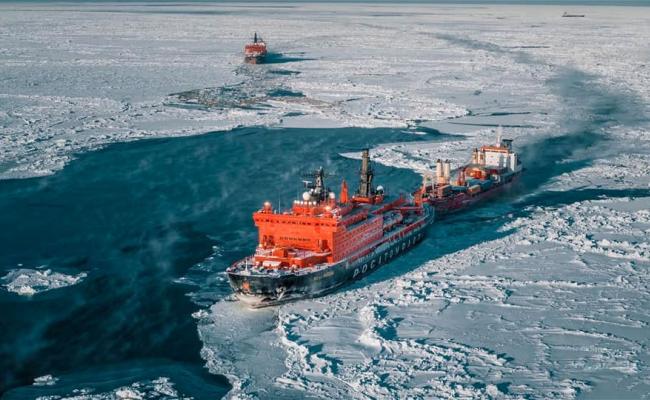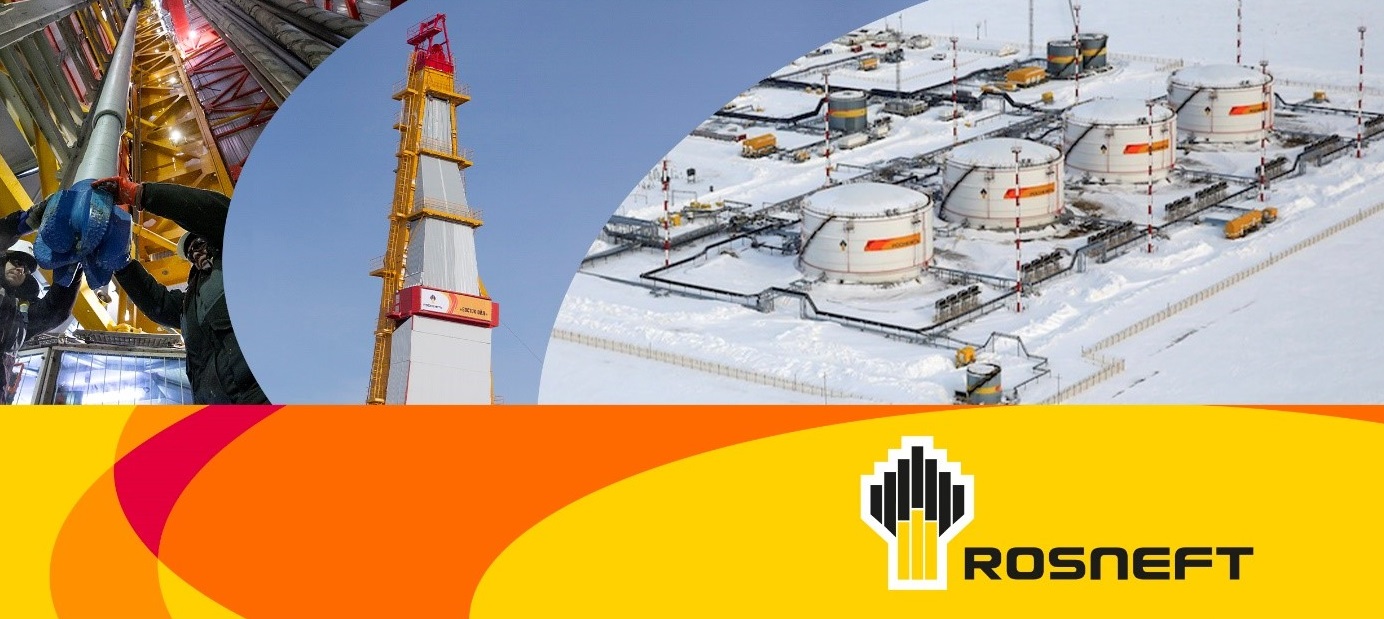

VOSTOK OIL TRAFIGURA FREE
“Given the circumstances and development of the sanctions, the Group disposed of its investment in Amur to Fossil Trading, a company incorporated as a Free Zone Company within Dubai, on 22 July 2022 for CHF100,000,” it said.Īmur is the name for the joint venture, owned 75% by Vitol and 25% by Mercantile & Maritime, through which the two companies acquired the stake in Vostok last year.įossil Trading was registered in Dubai on April 26, according to registry documents seen by Bloomberg. 29, Mercantile & Maritime Investments Pte said that as a result of European Union and Swiss sanctions against Russia, it “had to dispose of” its investment in Vostok Oil, a vast project spearheaded by state champion Rosneft PJSC that before the war was valued at $85 billion. In annual accounts filed in Singapore Sept. Read Also: Dark Tanker Market Gets Competitive Ships carrying Russian oil have gone dark, Russian companies have stopped publishing large swathes of data, and major assets have been transferred to little-known buyers. The about-turn from Mercantile & Maritime, which last year partnered with top oil trader Vitol Group to buy 5% of Vostok Oil for 3.5 billion euros ($3.5 billion), is the latest example of the opacity surrounding the Russian energy sector since the invasion of Ukraine. (Bloomberg) –A trading house that owns part of a stake in Russia’s flagship oil project said its share had been sold for next to nothing to a newly created company. “The two BP-nominated directors have resigned from Rosneft’s board and we have written down to zero the value of our shareholding and interests in joint ventures with Rosneft.By Jack Farchy, Ben Bartenstein and Archie Hunter “We are continuing to pursue our exit from our shareholding in Rosneft and other businesses in Russia,” BP said in a statement. Still, the London-based company remains a stakeholder in Rosneft as well as in several joint projects, according to Sechin. Russia’s energy projects have faced unprecedented technological and logistics pressures as international companies turned away amid sanctions and self-imposed restrictions on working with the country.īP, the largest foreign shareholder of Rosneft, announced its intention to sell a 19.75% stake in Rosneft in February. “As oil and gas investment shrink, Vostok Oil is the only project in the world that is capable of stabilizing the hydrocarbon market,” Sechin said. That would be equivalent to more than 20% of Russia’s oil production last year. It may pump as much as 115 million tons a year, or 2.3 million barrels a day, by 2033, according to Sechin. The project includes several fields on the Arctic Taymyr peninsula and is scheduled to start production in 2024. A consortium of Vitol Group and Mercantile & Maritime bought 5% of Vostok Oil in 2021, with Rosneft raising 3.5 billion euros from the agreement. Trafigura agreed to acquire its holding in Vostok Oil for 7 billion euros ($8.5 billion) in December 2020, a deal that valued the whole project at $85 billion.

“We’re fully confident that all tasks will be completed.”Ĭommodities trader Trafigura Group announced this month that it intends to sell its 10% stake in Vostok Oil, joining an exodus by other major western energy firms including BP Plc and Shell Plc from projects in Russia in response to President Vladimir Putin’s war in Ukraine. “The project continues to live and develop as planned, we are overcoming inevitable difficulties,” Sechin told a panel Saturday at the St.


 0 kommentar(er)
0 kommentar(er)
